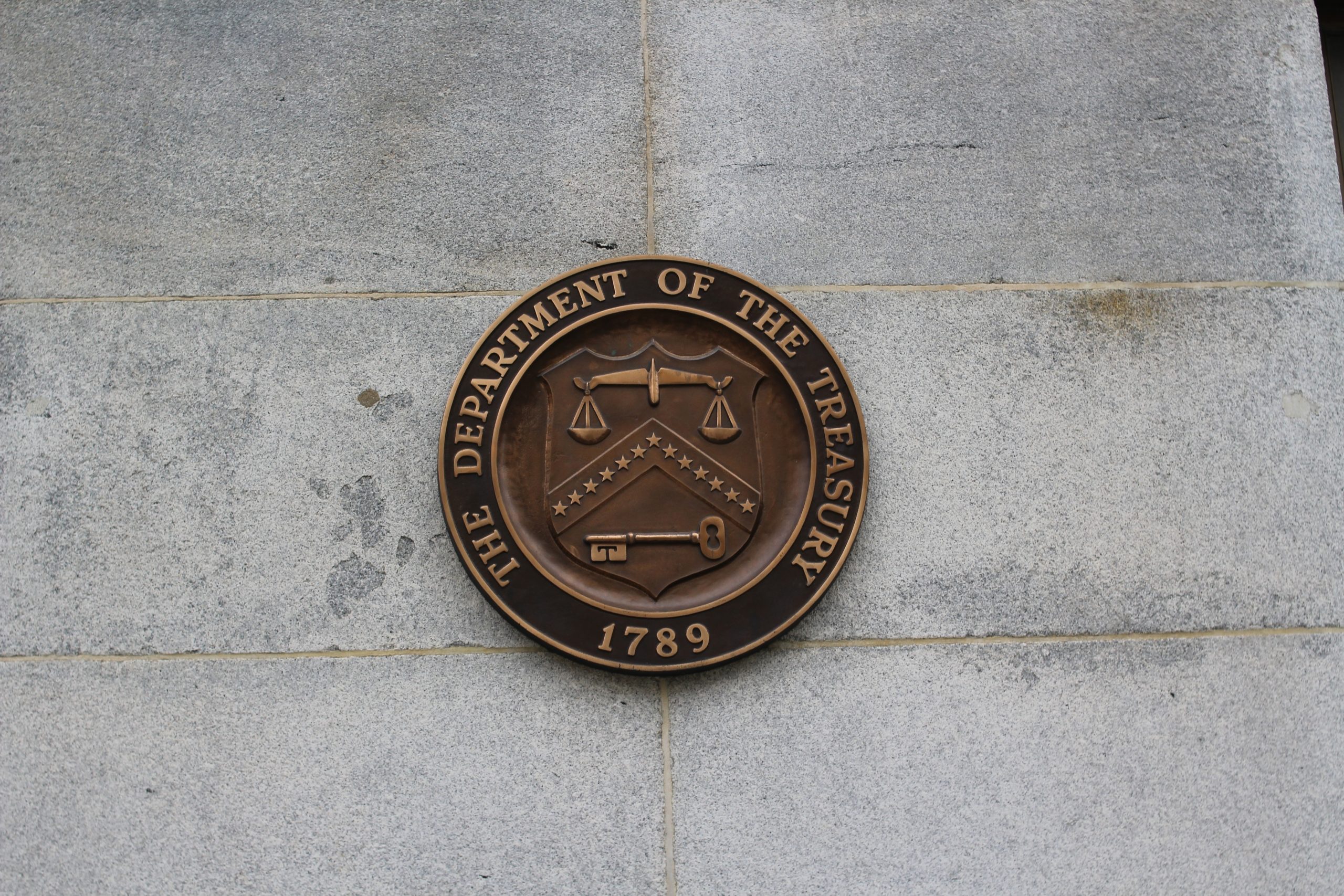Proposed Rule Builds Upon Wave of Recent Momentum for U.S. Anti-Corruption Reforms
WASHINGTON, DC – The Financial Accountability and Corporate Transparency (FACT) Coalition today welcomes the release by the U.S. Treasury Department of draft regulations introducing common-sense anti-money laundering (AML) safeguards for the U.S. private investment industry. Today’s draft rule builds upon a slew of recent moves by Treasury – including the launch of the nation’s first federal beneficial ownership directory and the introduction of new AML rules for residential real estate transactions – to protect U.S. markets from dirty money.
“This proposal further demonstrates that the Biden administration is intent on making 2024 a turning point in the fight to curb dirty money flooding into the U.S.,” said Ian Gary, executive director of the FACT Coalition. “A strong final rule to bring overdue anti-money laundering oversight to the private investment sector would strengthen our national security and help America shed its reputation as the world’s foremost supplier of financial secrecy.”
For decades, investment advisers have generally been excluded from most federal anti-money laundering reporting and due-diligence requirements, despite ample evidence that the $20 trillion private investment sector remains vulnerable to abuse by bad actors. This vulnerability has been recognized for years: today’s draft rule has precedent in a 2015 proposal that would have introduced limited AML safeguards and responsibilities for certain registered investment advisers managing large portfolios. Earlier proposals put forward in 2002 and 2003 were similarly never finalized, and were later withdrawn. In 2020, a leaked FBI memo identified, with “high-confidence”, private investment vehicles as vectors for money laundering by “threat actors,” including U.S. adversaries.
While major steps have been taken to address anonymous shell companies and other common avenues for money laundering in recent years, the private investment sector has largely remained a black box for investigators. The Treasury Department’s 2024 National Risk Assessment for Money Laundering cites “the lack of comprehensive AML/CFT coverage for certain sectors, particularly investment advisers” as one of the top ongoing money laundering risks facing U.S. markets.
“There is no reasonable excuse for the $20 trillion private fund industry to sidestep basic anti-money laundering safeguards designed to prevent international and domestic criminals from investing their ill-gotten gains in our markets,” said Andrew Park of Americans for Financial Reform. “A failure to implement sensible safeguards would continue to expose pensions, foundations, and university endowments to the risk of sharing their portfolios with dodgy, anonymous co-investors. Treasury must finalize strong rules to make sure that criminal proceeds are not used to buy up critical areas of America’s economy, whether healthcare, housing, defense, or sensitive technologies.”
###
Notes to the Editor:
- Click here to read the full text of Treasury’s draft rule on investment advisers. Read a Treasury fact sheet on the rule here.
- In 2021, FACT, Global Financial Integrity (GFI) and Transparency International U.S. (TI-US) released “Private Investments, Public Harm: How the Opacity of the Massive U.S. Private Investment Industry Fuels Corruption and Threatens National Security,” which detailed recent and ongoing abuse of the U.S. private investment sector by international and domestic criminals. The report made a number of recommendations to Treasury aimed at ensuring the efficacy of a final AML regime for private investment advisers.
- In one case examined in the 2021 report, a lack of disclosure in private equity obscured the majority stake owned by a Russian oligarch in a U.S. voting management firm active in Maryland, calling into question election security.

